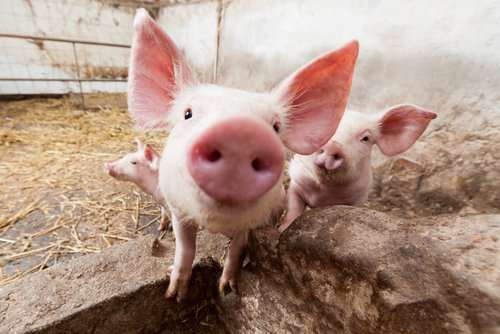Discovery led to Chief Veterinary Officer launching investigation
By Diego Flammini
Assistant Editor, North American Content
Farms.com
Porcine epidemic diarrhea was discovered in a sow barn in southeastern Manitoba on September 15, bringing the total number of confirmed cases in the province to nine since February 2014.
The producer and the farm operation’s veterinarian, along with Manitoba Agriculture’s Emergency Operations Centre, are taking the necessary precautions to ensure a proper cleaning is completed.
“A plan is being developed for restricted site access, barn clean-up and animal care,” Manitoba’s Chief Veterinary Office (CVO) said in a release. “Producers within a 5-km radius of the infected site or with direct contact to the site are being alerted to monitor their herds and collect samples for testing.”

As a result of the recent confirmation, the CVO has launched an investigation to determine if the virus is spreading to other farms.
“At this point there’s been no linkages associated with any of the previously positive operations,” Dr. Megan Bergman told Farmscape. “We’re just in the process of tracking movement both on and off the farm. We have followed up and are conducting testing on all farms that are linked with this particular farm.”
“At this point it looks like this farm has an excellent biosecurity protocol and has been very stringent in their practices, so no smoking gun at this moment.”